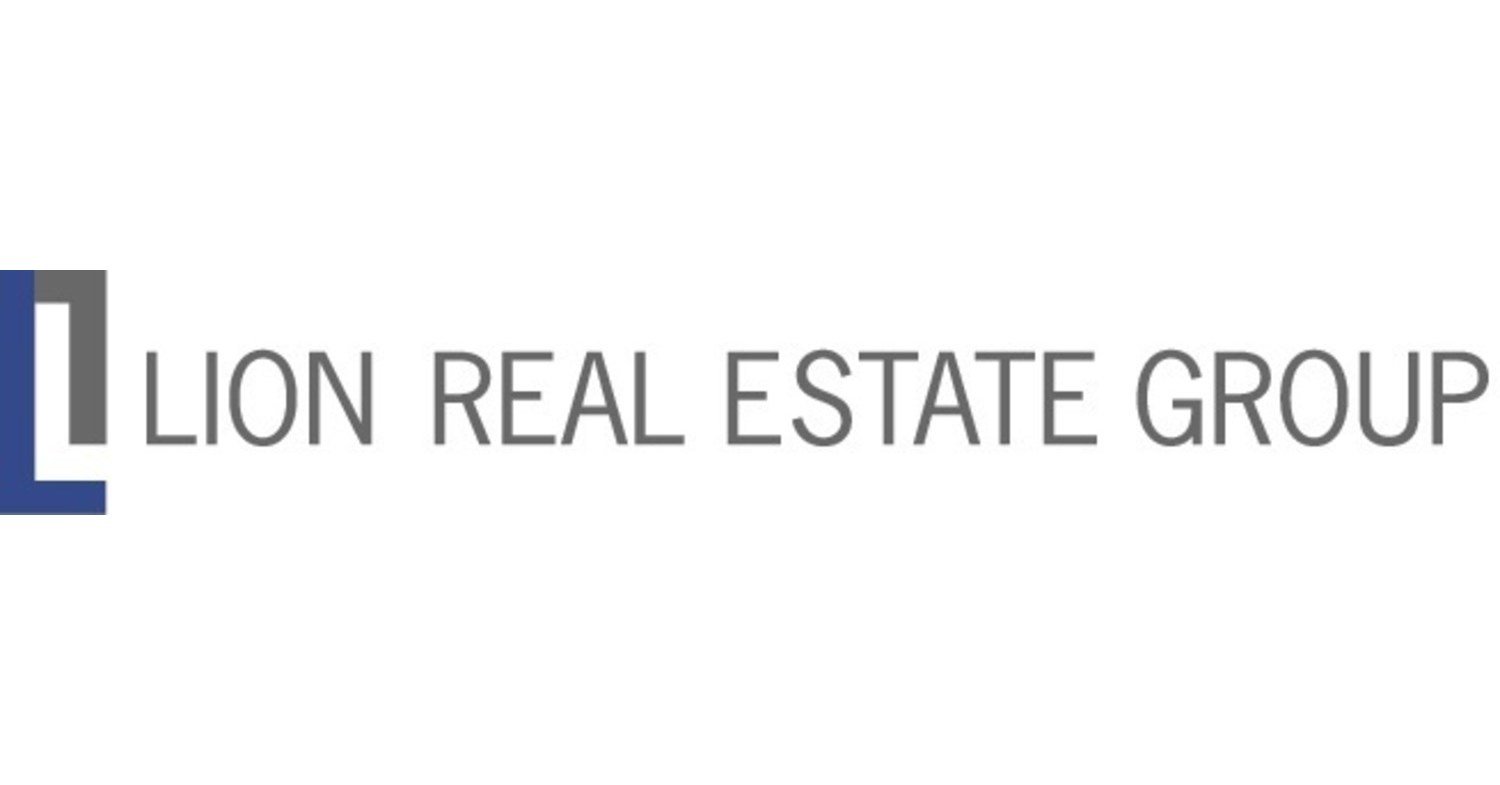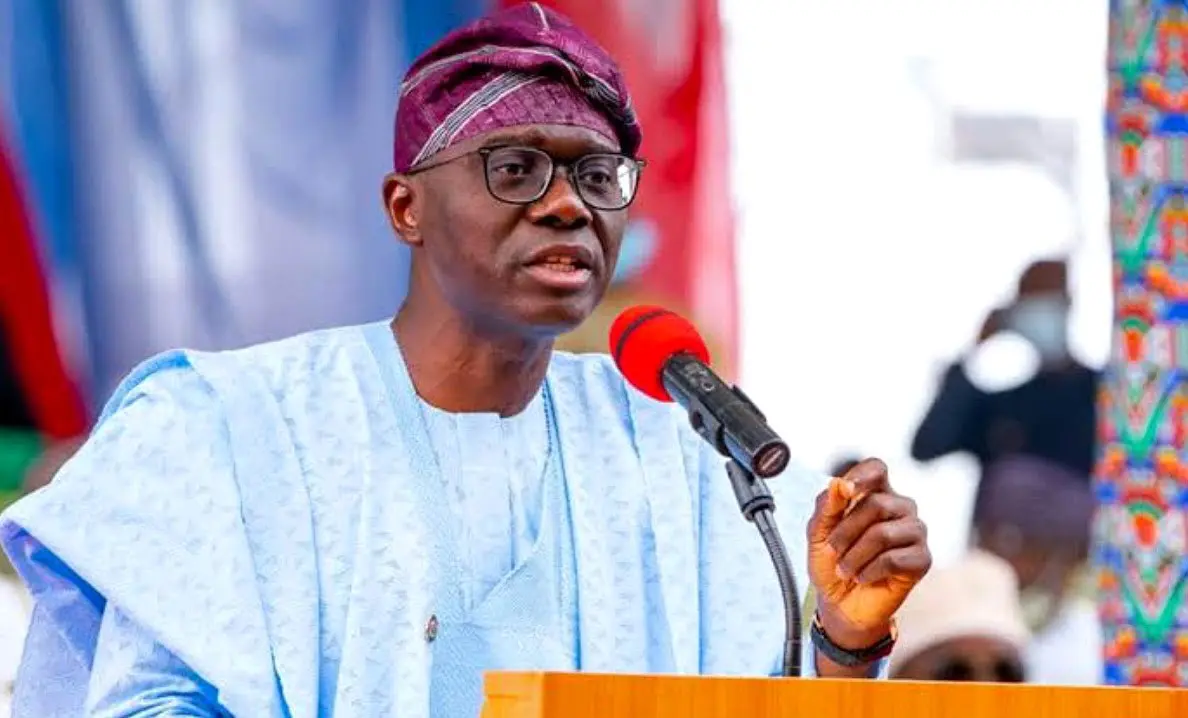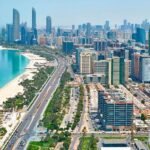Now Reading: “How Blockchain Is Powering Dubai’s Dream to Become the Smartest City Now 2025”
-
01
“How Blockchain Is Powering Dubai’s Dream to Become the Smartest City Now 2025”
“How Blockchain Is Powering Dubai’s Dream to Become the Smartest City Now 2025”
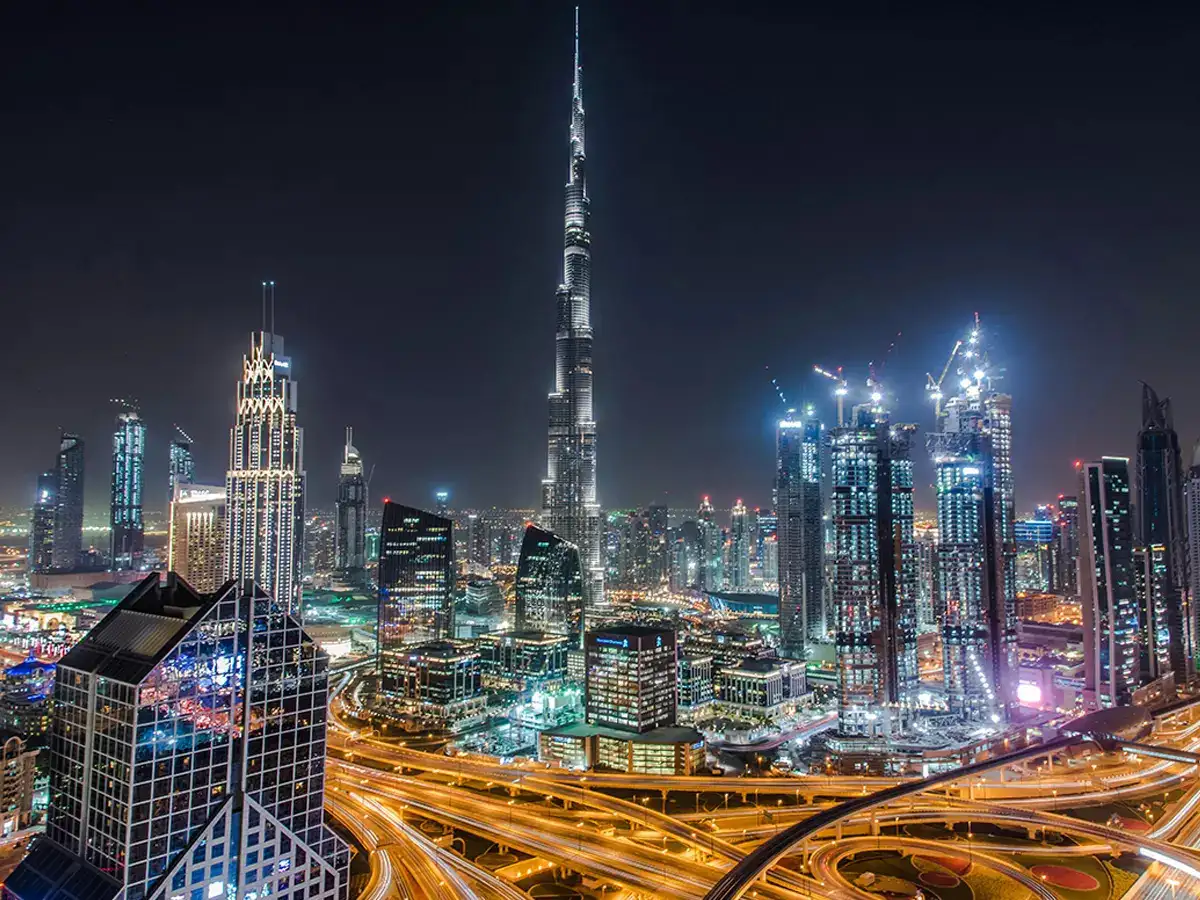
Table of Contents
In the fast-evolving world of technology, few cities have embraced innovation as boldly as Dubai. As part of its ambitious Smart Dubai 2025 vision, the city aims to become the world’s first fully blockchain-powered metropolis. But what role exactly will blockchain play in making Dubai a “smart city”? And how will this technology impact businesses, government services, and everyday life?
Understanding Dubai’s Smart City Vision
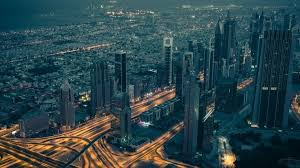
Dubai’s Smart City project is not a new idea. Since 2013, the government has invested heavily in digital transformation, focusing on AI, IoT (Internet of Things), 5G, and blockchain technologies to reshape the city’s infrastructure, services, and economy.
By 2025, Dubai plans to shift at least 50% of its government transactions onto blockchain platforms. This bold move aims to eliminate paperwork, speed up services, reduce costs, and ensure a high level of security and transparency in public dealings.
What Is Blockchain and Why Is It Important?
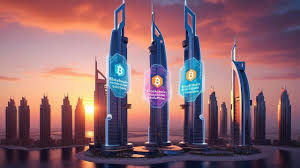
For readers unfamiliar with the term, blockchain is a digital ledger system that records transactions in a secure, transparent, and tamper-proof way. Once information is stored on a blockchain, it cannot be changed or deleted without consensus from the network.
This technology is the backbone of cryptocurrencies like Bitcoin and Ethereum, but its uses go far beyond digital money. In a smart city like Dubai, blockchain can manage everything from land ownership records and business licenses to personal identification and healthcare data.
How Blockchain Will Shape Dubai’s Smart City by 2025
1. Smarter Government Services
Dubai is set to become the first government in the world to be powered entirely by blockchain. Citizens and businesses will no longer need to submit paper documents for processes like visa applications, license renewals, and tax filings. These services will be automated, traceable, and highly efficient.
The Dubai Land Department (DLD) has already moved property transactions onto the blockchain, allowing instant verification of ownership and mortgage contracts. This reduces fraud risks and speeds up real estate deals.
2. Boost to Business and Trade
Dubai’s strategic position as a global trade hub will benefit greatly from blockchain. The technology simplifies supply chain management, allowing goods to be tracked from factory to port to shop in real time. This increases trust among international trading partners and reduces delays caused by paperwork errors or fraud.
In fact, Dubai Customs is piloting a blockchain project to streamline cross-border trade, which could attract more global businesses to operate in the city.
3. Revolutionizing Financial Services
With its growing role as a crypto-friendly city, Dubai is working to become a global leader in digital finance. Blockchain will help financial institutions offer safer, faster, and cheaper services, such as cross-border payments, lending, and crowdfunding. It will also encourage fintech startups to flourish in Dubai’s vibrant business environment.
The city’s regulators have already introduced laws to govern digital assets, making Dubai a secure and attractive destination for blockchain-related businesses.
4. Healthcare and Personal Data Security
Healthcare data is often fragmented and vulnerable to cyberattacks. Dubai plans to use blockchain to create secure, unified health records that patients can access from anywhere, while ensuring privacy and control over their data.
This system will also allow doctors, hospitals, and insurance companies to view accurate and updated patient histories, improving the quality of care and speeding up treatment approvals.
5. Energy and Environment Management
Smart energy grids in Dubai will use blockchain to manage electricity production and consumption efficiently, especially as more buildings adopt solar panels. Homeowners could even sell excess solar energy back to the grid via blockchain-enabled platforms, making the city greener and more sustainable.
Similarly, waste management and water usage data will be recorded on the blockchain to optimize resources and reduce environmental impact.
Challenges Dubai Must Overcome
While Dubai’s blockchain plans are impressive, challenges remain. These include:
- Technical Integration: Existing systems must be updated or replaced to work with blockchain.
- Public Awareness: Many residents and businesses still do not understand how to use blockchain-based services.
- Cybersecurity Risks: While blockchain itself is secure, apps and systems using it must also be protected.
Dubai’s government is aware of these hurdles and is working on training programs, public awareness campaigns, and partnerships with global tech firms to overcome them.
What This Means for Residents and Tourists
For the average person in Dubai, blockchain means less paperwork, faster services, and more control over personal data. For example, expats could process work permits or driving licenses in minutes instead of weeks. Tourists may benefit from blockchain-powered digital visas, hotel check-ins, and payment systems that simplify their stay.
A Glimpse Into Dubai’s Future
Dubai’s blockchain transformation is not just about technology. It represents a bold vision for how cities worldwide may operate in the near future—paperless, efficient, and built on trust.
Conclusion
Dubai’s bet on blockchain is shaping up to be one of the most exciting technological transformations of the decade. As 2025 approaches, the world watches closely to see whether this futuristic vision becomes a reality. If it does, Dubai may well become the first truly smart city powered by blockchain, setting the standard for others to follow.
Read More:- Shobha Realty Launches Its Most Luxurious Project Yet—Full Details Inside 2025



